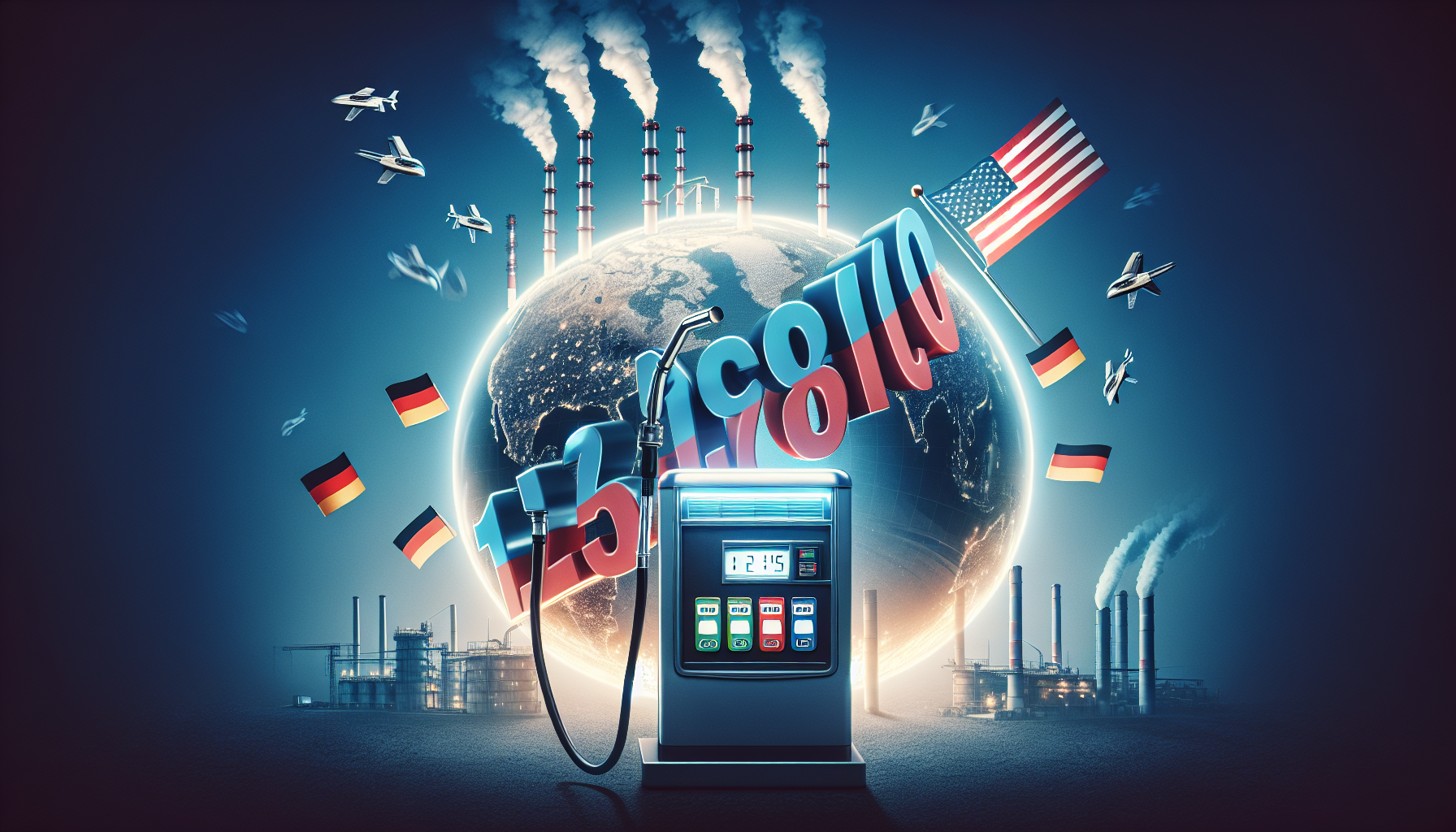Gas Prices Plummet by 12% Amid US-EU Trade Dispute: What It Means for the Market
The global energy market is experiencing significant turbulence as natural gas prices have dropped by 12% following the US President's announcement of new tariffs on European imports. This unexpected decline is reshaping trade dynamics, with surprising implications for industries in Germany and beyond. In this article, we explore the causes, consequences, and potential long-term effects of this market shift.
Why Are Gas Prices Falling?
The recent decline in gas prices stems from escalating trade tensions between the US and the European Union. The US administration's decision to impose tariffs on key EU exports has triggered a retaliatory response, leading to uncertainty in energy markets. As a result, traders are offloading gas contracts, causing a sharp price drop.
Key Factors Driving the Decline
- Trade War Fears: Investors fear prolonged disruptions in US-EU trade relations, leading to reduced demand projections.
- Increased LNG Supply: The US has ramped up liquefied natural gas (LNG) exports, flooding the market and driving prices down.
- Market Speculation: Traders are adjusting positions in anticipation of further economic instability.
German Industries: Unexpected Winners?
While trade wars typically harm economies, Germany’s energy-intensive industries could benefit from lower gas prices. Sectors such as chemicals, steel, and manufacturing rely heavily on affordable energy, and this price drop may provide temporary relief.

Industries Set to Gain
- Chemical Sector: Lower energy costs improve profit margins for fertilizer and plastics producers.
- Steel Production: Reduced input costs could make German steel more competitive globally.
- Manufacturing: Factories may see lower operational expenses, boosting output.
Long-Term Market Implications
While the immediate effects are favorable for some, the long-term outlook remains uncertain. If trade tensions persist, supply chains could face disruptions, and energy markets may experience further volatility.
Potential Scenarios
- Stabilization: If negotiations succeed, prices may rebound as confidence returns.
- Continued Decline: Prolonged tariffs could keep gas prices low but harm US-EU economic ties.
- Alternative Suppliers: Europe may accelerate diversification away from US gas, shifting to Middle Eastern or Russian sources.
Conclusion: What to Expect in the Coming Weeks
The 12% drop in gas prices presents both opportunities and risks. German industries may enjoy short-term cost advantages, but the broader market remains vulnerable to geopolitical shifts. Investors should monitor US-EU trade negotiations closely, as any resolution—or escalation—could dictate energy price trends. If tariffs remain, we may see further declines, while a diplomatic breakthrough could stabilize the market. Businesses should prepare for volatility and explore hedging strategies to mitigate risks.

